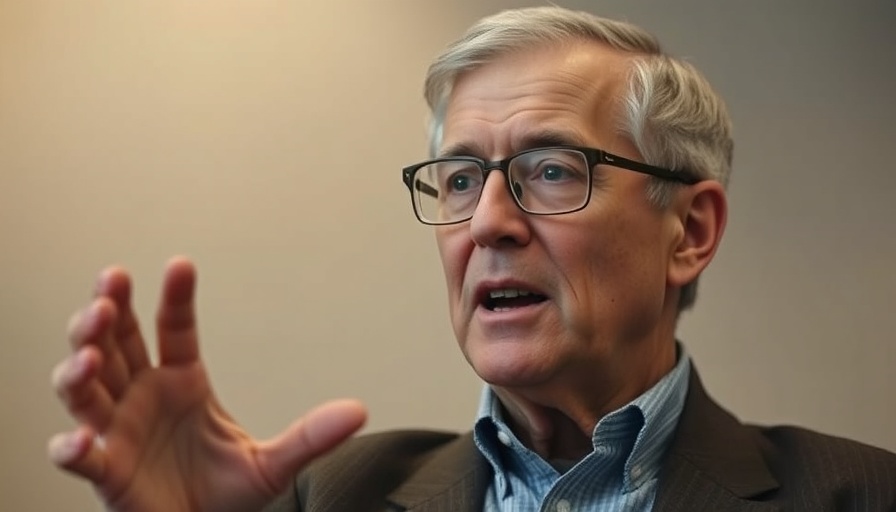
Bill Gates vs. Elon Musk: A Clash of Titans Over USAID Cuts
In a surprising twist in the ongoing debate over global aid, Bill Gates has publicly accused Elon Musk of jeopardizing children's lives by advocating for cuts to the United States Agency for International Development (USAID). This conflict ignites a critical conversation about the responsibilities of the tech industry and the impact of corporate actions on global humanitarian efforts. Gates, the co-founder of Microsoft and a prominent philanthropist, expressed his concerns during a recent interview, highlighting the potential consequences of reducing financial commitments to international aid.
The Stakes: Children’s Lives at Risk
Gates pointed out that reduced funding could severely impact various health and educational programs aimed specifically at vulnerable populations in developing nations. He articulated that such actions could echo strongly in regions where access to healthcare and education is already strained. As someone deeply engaged in global health initiatives through the Bill & Melinda Gates Foundation, Gates’ remarks carry the weight of an industry leader committed to philanthropy. He emphasized, "Cutting USAID will not only affect systemic issues but directly harm children who rely on these programs for survival and education."
Elon Musk's Stance: Innovation Over Aid?
On the other side of the ring, Elon Musk, CEO of Tesla and SpaceX, has positioned himself as a visionary entrepreneur who believes in the transformative power of technology rather than traditional aid. Musk has argued that investment in technology and innovation offers a more sustainable path toward alleviating poverty. His track record of transforming industries raises intriguing questions about sustainability and responsibility. Are his pursuits creating a new paradigm that could replace dependence on governmental aid?
A Shift in Corporate Social Responsibility?
This clash speaks volumes about the evolving nature of corporate social responsibility (CSR) in today’s business landscape. With tech giants like Musk redefining success through innovation and profit generation, traditional notions of philanthropy may be challenged. As startups and established companies alike navigate a competitive marketplace, the integration of sustainable practices and societal impact is becoming increasingly essential.
Public Response and Impact on Business Trends
The public's reaction has been mixed. While many defend Musk's approach, arguing that innovation can solve many of the world’s problems, others echo Gates’ sentiments, asserting that without traditional avenues of support like USAID, the most vulnerable in society face higher risks. This incident shows how influential figures engage in arguments that extend beyond personal conflict to broader business trends impacting corporate strategies.
Future Predictions: Will Tech Drive Social Change?
Looking ahead, it remains to be seen whether Musk's innovations can indeed supplant the need for traditional aid or whether Gates' advocacy will lead to renewed funding commitments for humanitarian efforts. The ongoing tension hints at an impending shift in business rhetoric, where industries may have to balance profit with meaningful contributions to society. An evolving economic landscape, influenced by changing consumer behavior and the acceleration of digital transformation, suggests that this dialogue could shape future business strategies across various sectors.
Final Thoughts: A Call for Collaboration
As the debate continues, it is crucial for both entrepreneurs and philanthropists to find common ground. Collaboration between innovators like Musk and advocates like Gates could yield solutions that preserve traditional aid while integrating cutting-edge technology to improve delivery and efficiency. In an era where every action counts, such alliances may prove essential in creating a sustainable future for generations to come.
 Add Row
Add Row  Add
Add 



Write A Comment